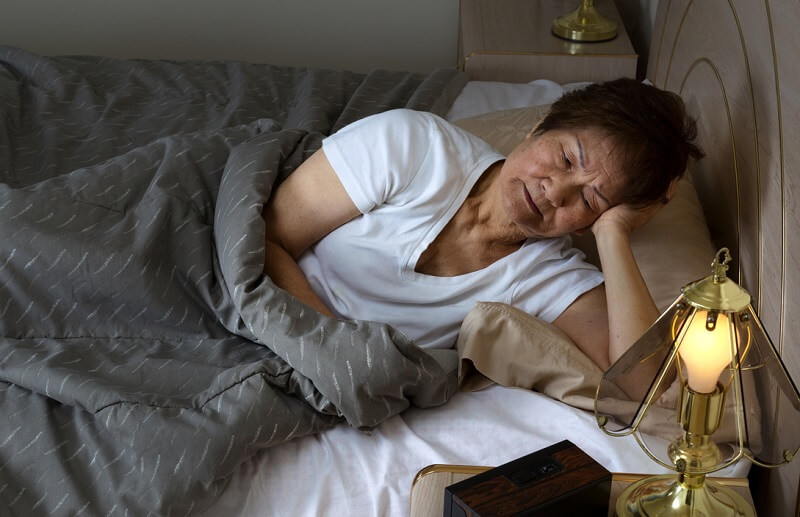
Most adults require between seven to eight hours of high quality sleep to feel rested and function at their optimal levels. Unfortunately, the stresses and distractions of modern life often mean that we don’t get this amount, and when we do, our sleep is not good quality but rather filled with tossing and turning.
To improve sleep quality, the American Sleep Association recommends sleep hygiene protocols that include avoiding naps during the day, rising within 10 minutes of waking in the morning and not reading or watching television in bed. For those still suffering from insomnia even after incorporating these practices, they may turn to over the counter medicine, the most popular of which is melatonin. Unfortunately, the drug may not be as helpful as people think. A meta-analysis done in 2013 found that on average, melatonin only helped people fall asleep about seven minutes faster than with a placebo.
A treatment that may be more effective for some people is medical cannabis.
According to the University of Pennsylvania School of Medicine, approximately 25% of North Americans experience acute insomnia each year, and for 25% of these, it develops into chronic insomnia. While there are a number of over the counter and prescription drugs that have been developed to help those suffering from insomnia, we do not, as of yet, have one that produces a normal sleep pattern.
One drug that continues to show promise, however, is medical cannabis. It is a well-known fact that cannabis can help to induce relaxation and drowsiness. Cannabis can also be used to reduce pain, and since pain can interfere with sleep, those taking cannabis for pain often experience better sleep for the simple reason that their bodies are more comfortable. Studies on cannabis and insomnia, however, are somewhat limited, and research has turned up some mixed results.
What does the research on cannabis and insomnia say?
One study on cannabis and insomnia surveyed 147 participants, including those with and without insomnia. Both groups reported that cannabis helped them to fall asleep faster.
Another study in 2014 looked at the effect of CBD on individuals who had sleeping difficulties due to anxiety or PTSD. The study concluded that those with PTSD could reduce their insomnia using cannabis; however, it was also noted that the long-term effects of cannabis use in PTSD patients were not known.
An earlier study, however, found that the THC component in cannabis acted as a sedative, whereas CBD made the subjects feel more alert.
And yet another study that was conducted in 2016 found that young adults who used cannabis daily had a poorer sleep quality.
Should I take cannabis for insomnia?
Since 75% percent of insomnia cases resolve themselves on their own without medication, it is recommended to try more natural methods for acute insomnia first. These methods may include practices such as going to bed and getting up on a regular schedule, getting enough exercise and avoiding caffeine close to bedtime.
If, however, acute insomnia develops into chronic insomnia, you may wish to consult with your doctor on trying medical cannabis to help you sleep.
Since getting the right dosage and ratio of CBD and THC is essential; working with a qualified medical practitioner is important.
For more information on how you may use medical cannabis to treat your insomnia, contact CannaWay Clinic today.





